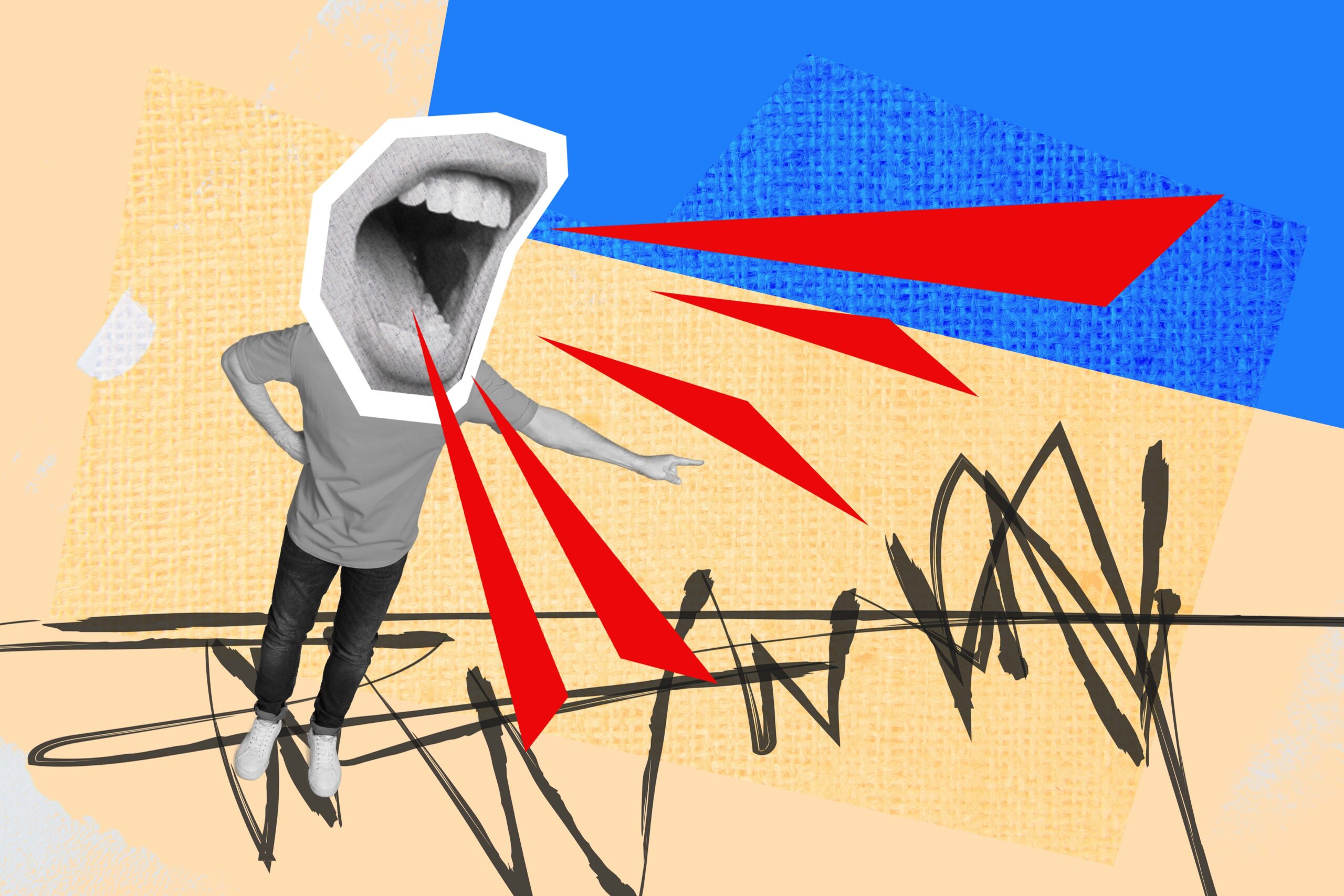
Getting criticized is an experience that can be difficult, but sometimes there can be great wisdom that comes with it. When you can learn to filter the feedback you get, using the beneficial aspects of the criticism and discarding the rest, you can empower yourself to build new levels of skill, knowledge and proficiency.
Why is criticism scary?
Criticism can feel scary because it points out flaws, mistakes and/or inadequacies. That can feel even worse when the criticism aligns with the negative feelings we inwardly have about ourselves, or applies to something that we personally created, which is why it might feel scary sometimes. But even if we worry about our perceived flaws, it doesn’t necessarily mean the criticism we receive is true in all cases or that we need to blindly accept it.
What’s important for all of us to know is that criticism is used to get other people to conform.
Sometimes conformity is important. For example, using specified systems and processes at work, meeting brand guidelines, safety protocols, skill development, and so on, are all things that require us to do something in a certain way. In these cases, this kind of feedback or constructive criticism can help to keep us safe or improve our results in key areas. That can help us advance in many ways.
However, there are other times when conformity is not in our best interest and the criticism needs to be filtered or rejected accordingly.
Dimming our light, personality or creativity, or adjusting our personal values, lifestyle choices or aspects of our identity to make someone else feel better by conforming to what THEY think is right, is rarely good for us.
This is why it’s so important to consider the intent before you decide to accept any criticism. There is a big difference between someone who genuinely wants to help you and someone who is manipulative or disrespectful.
If the criticism comes from someone who supports you and has your best interest at heart, then it might be worthwhile to ask more questions and explore their thoughts further.
But if you receive criticism from someone you would never go to for advice, then evaluate the criticism very carefully.
Always remember, you have every right to walk away from a rude or disrespectful person, regardless of who they are, and you can set boundaries for any future interactions to ensure the communication between you is polite and considerate.
These things are very important to keep in mind as you take the steps to break fear of criticism.
How do I get past fear of criticism?
Fear of criticism is something that can hold us back from living our best and fullest lives. We deserve so much more than a life stuck inside a predictable comfort zone where we coast from one day to the next because we fear what other people think. That can lead to a drifter mindset, which will keep you trapped in a life that lacks purpose, meaning and fulfillment.
In Outwitting the Devil, Napoleon Hill details 7 Principles to break free from the drifter mindset, so you can learn how to break out of your comfort zone and start to consciously design your life. I want to share three of these Principles with you because they will help you take the steps to break fear of criticism. They are:
- Definiteness of Purpose – Defining your mission and vision and making sure that everything you do aligns with them, gives you definiteness of purpose. When you have that kind of clarity, you know who you are and what you stand for, which makes it a lot easier to filter criticism and use only those insights that support you and your drive to make your vision a reality.
- Mastery Over Self – Self discipline is the key to staying on track with your vision. Drifters are all over the place, but the most successful people in the world hold themselves accountable to reach their goals. This kind of focus will also help you filter criticism. If it helps you reach your goals, use it to empower your determination. If it doesn’t, discard it.
- Controlling Environmental Influence – The people you spend time with, the things you watch and the information you consume all influence the way you think. To stay on track with your purpose, you must intentionally control your environment and the way it impacts you. Spending time with people who criticize you in an effort to make you conform to their values and beliefs, will pull you away from YOUR values, beliefs and purpose, which will stall your progress toward your bigger vision.
The bottom line is that the stronger you are in your self-awareness, who you are authentically, and the greater purpose for your life, the easier it will be to get past your fear of criticism because constructive criticism will be much more obvious when you receive it, as will the kind of criticism that should be discarded because it doesn’t align with you or support you, making it feel a lot less scary.
To break fear of criticism, dedicate time to get to know yourself better. Dig into your dreams and desires and all the things that make you light up from the inside. Every minute you spend becoming more definite in your purpose, will not only decrease the impact of any criticism you receive, but will also decrease the amount of time it takes to reach your goals because you have a clear and defined focus.
If you want to learn more about the fears that hold us back from reaching our full potential, and the 7 Principles that Napoleon Hill puts forward in Outwitting the Devil, to help us live our best lives, CLICK HERE TO GET YOUR COPY NOW!
